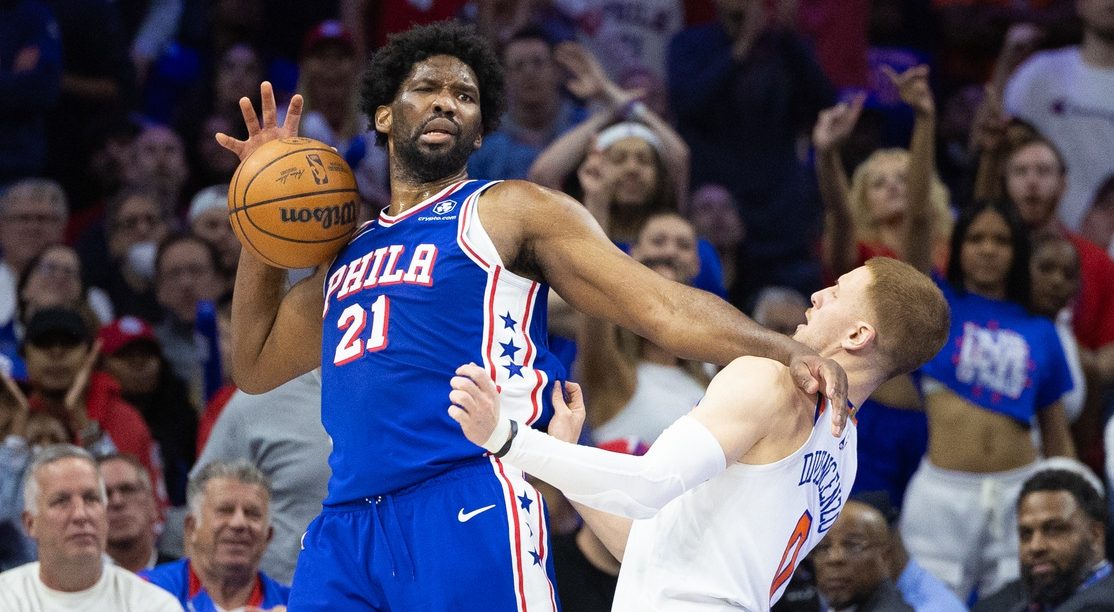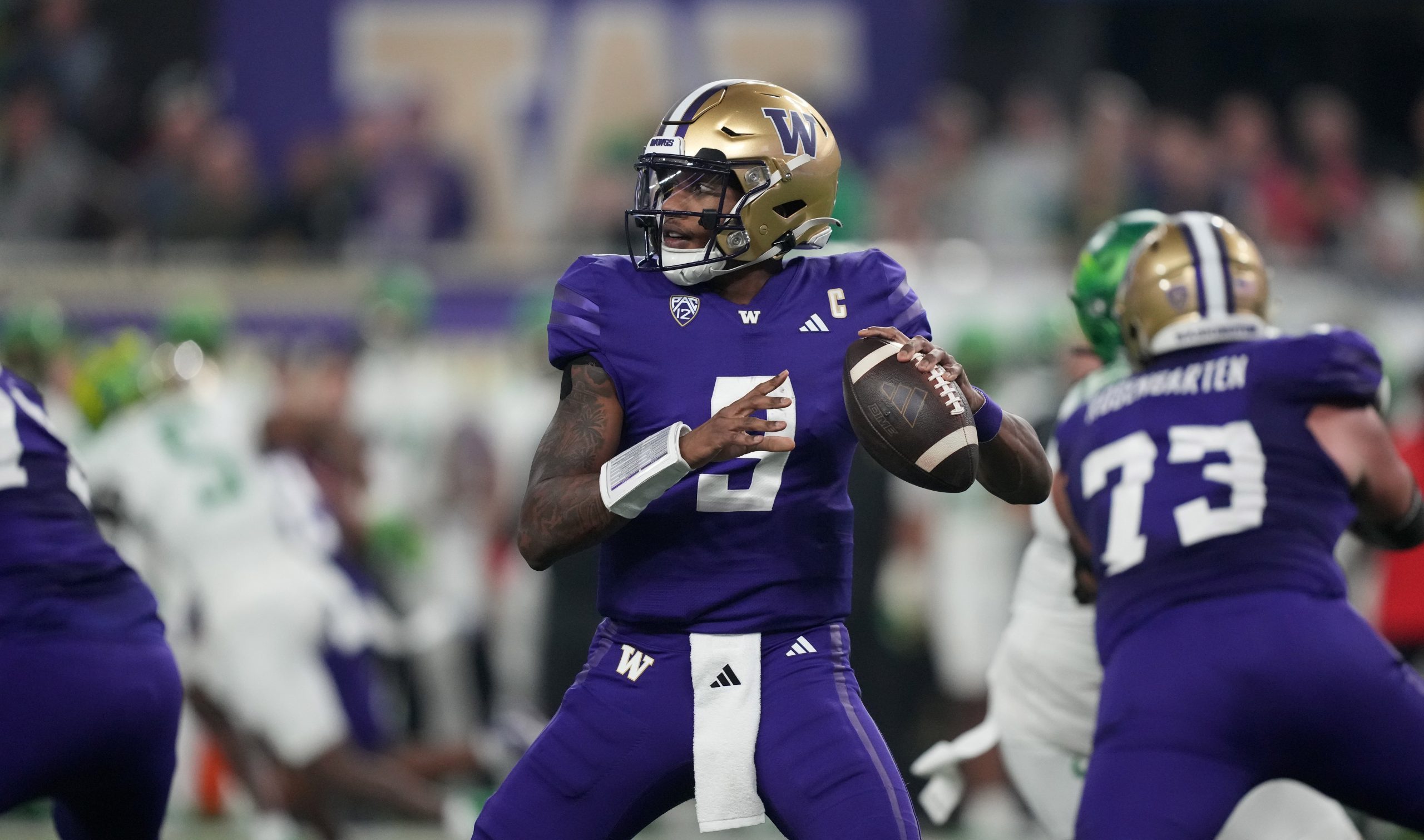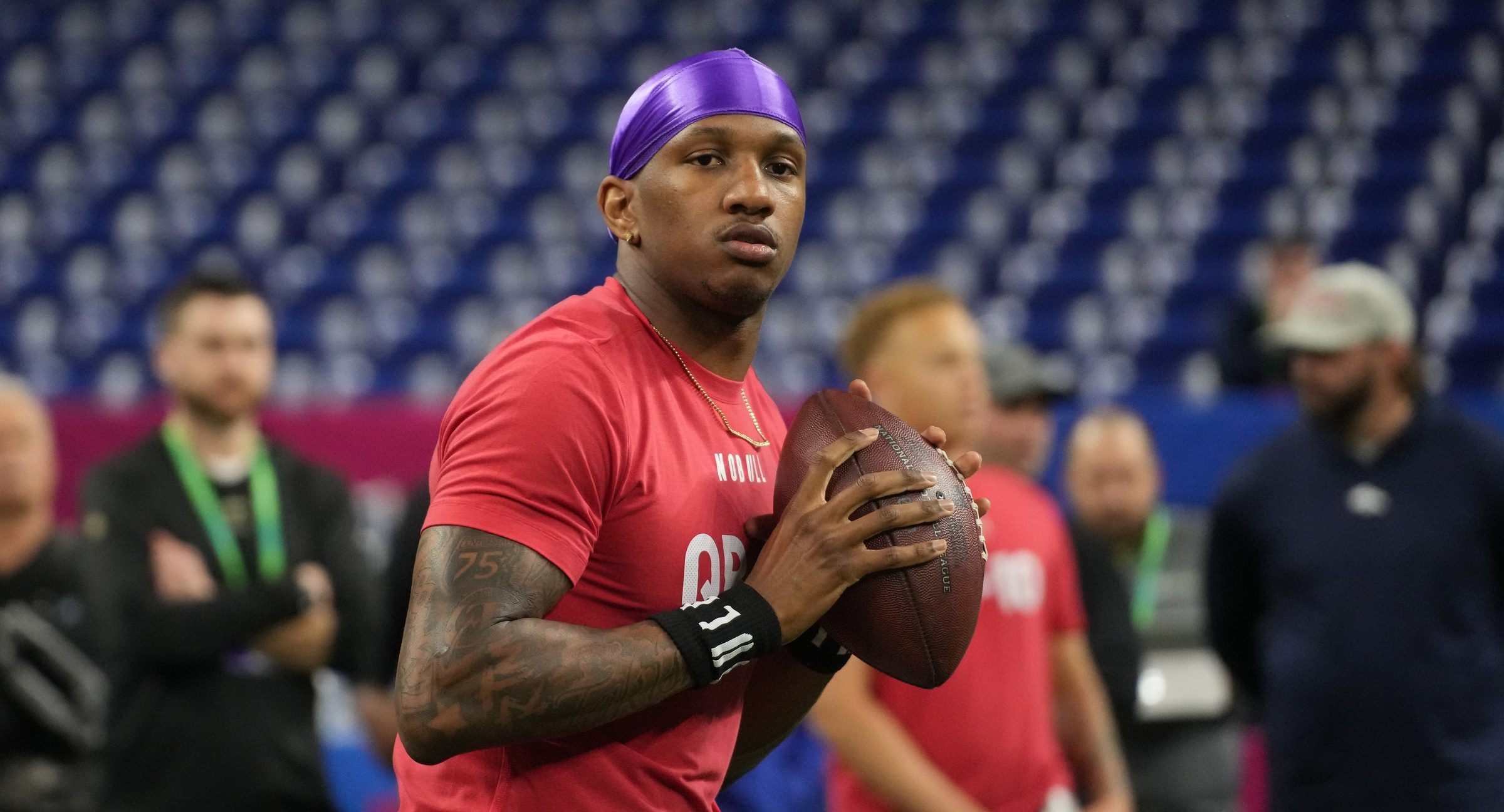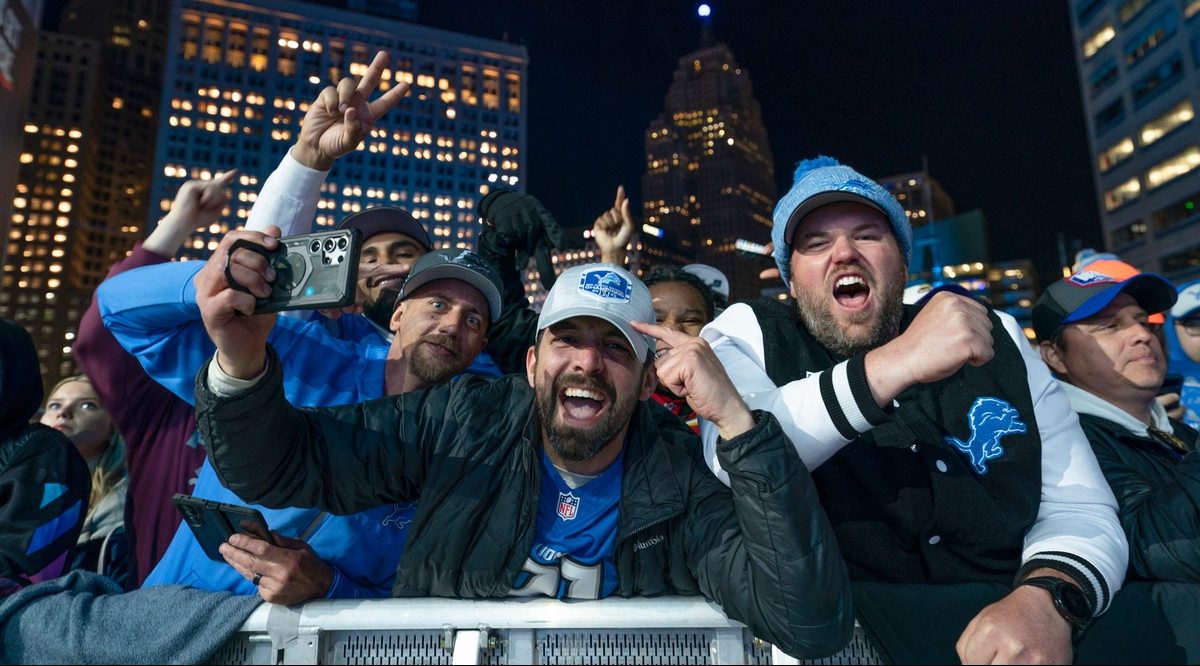The story of Leicester City has been nothing short of remarkable. At this point last year, Leicester City was last in the English Premier League and on the verge of relegation with only a string of results at the end of the season to save them. Because of a sex scandal involving some players on the team, Claudio Ranieri stepped in and with players who wouldn’t have been considered for some of the top teams, are running away and are just three wins away from pulling off one of the biggest upsets in modern soccer and winning the English Premier League. But could they have been taking liberties with financial rules to get there?
Kevin McCauley of SB Nation summarized some of the things Leicester allegedly did off a Guardian report on the team. The gist of the allegations is that during their promotion season from the English Championship to the EPL, Leicester’s owner Vichai Srivaddhanaprabha sold the team marketing rights to an unaffiliated company called Trestellar, who according to The Guardian, have no website or phone number. Trestellar then sold those rights to King Power (Srivaddhanaprabha’s company) for a profit.
Srivaddhanaprabha also has funded the team through King Power by having them sponsor the front of Leicester’s shirt and stadium. There isn’t anything illegal with that. If an owner wants to publicize their business with their soccer team, that’s more than fair and a great synergy practice. The issue is that the figure needs to be within a “fair market value” compared to teams in similar positions with them and it can be very easy to fudge those numbers (which for the record is unclear in the case of Leicester). Regardless, Leicester’s sponsorship revenue from everything jumped from £5.2 million to £16 million, which is very unusual for a second level English team at the time and would no doubt raise suspicion.
Teams have been busted for UEFA Financial Fair Play rules for similar practices. Manchester City for one, received a fine after it was ruled City Football Group was violating the shirt and stadium “fair market value” rule through Etihad, both owned by members of the U.A.E. royal family. PSG had a similar situation with owners Qatar Sports Investments and received a fine as well. It’s important to note that Leicester is violating English Football League rules and not UEFA rules so that could explain why Leicester may not be penalized, since the Premier League has no rules. Leicester could only be penalized if they were to relegate and they obviously won’t this year.
But now that Leicester has qualified for the UEFA Champions League next season, they will be looked at by them now. And due to their meteoric rise and additional revenue streams from new potential sponsors (that aren’t King Power) as well as TV money from the EPL and UEFA, Leicester may have dodged a bullet and the books are all proper now. But if Leicester has aspirations on being a Champions League contender as they are an EPL contender, they should probably come up with a new plan if the accusations are true.







